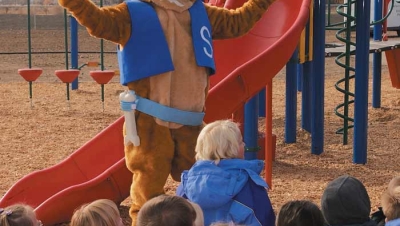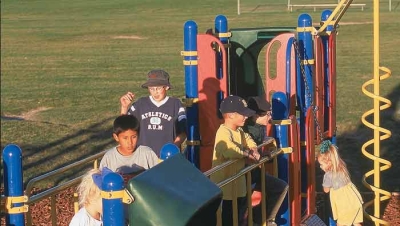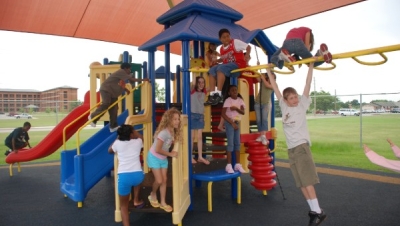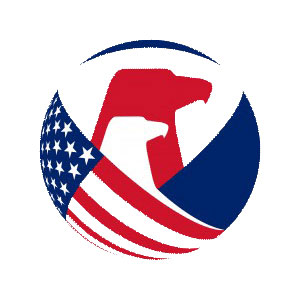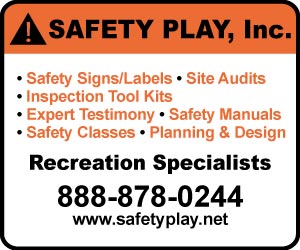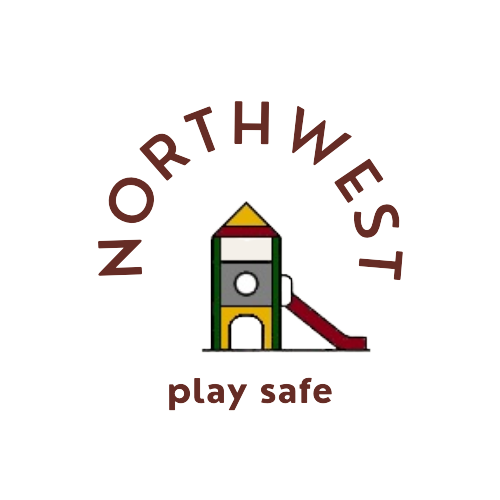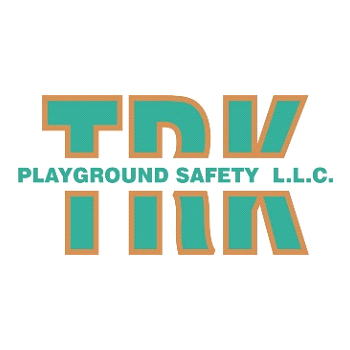Time, Effort and Value
In the best environments and under the best of circumstances accidents and injuries will still occur, unfortunately. While the aftermath of an accident may be a stressful event it may produce great value for the agency and your customers as a whole. Your budget is due, the priority one project is running behind schedule, your administrative assistant just announced he's leaving for a better opportunity, and NOW this. The injury occurred and it's history so there's really no need to delve over the obvious.
OH YEAH? What, where, when, why, and how will help all involved understand all the causal factors that lead to the event — the injury — and should guide the agency to making changes, if necessary, to the environment within which the incident occurred: your playground. Yes, it will take time to be done well; yes, it will take effort; but it will create great value for your customers through the prevention of similar accidents in the future, affording playground users safe yet challenging playgrounds.
Accidents occur when hazards escape detection during preventive measures, such as an initial audit or ongoing inspections processes; when hazards are not obvious, overlooked, or as the result of combinations of circumstances that were difficult to foresee. A thorough accident investigation may identify previously overlooked physical, environmental, or process hazards, and the need for new or more diligent inspection and maintenance procedures.
The primary focus of any accident investigation should be the determination of the facts surrounding the incident and the lessons that can be learned to prevent future similar occurrences. This is the value added to the agency's management of risk and the provision of safe environments for play to the end users. Owner/operators must constantly review all the actions and the results of their interventions in their management. PDCA: Plan, Do, Check, Act. Effective management must know the details of any incident empirically and without prejudice.
The first priority whenever an accident occurs is to deal with the emergency and ensure that any injuries or illnesses receive prompt medical attention. The accident investigation should begin immediately thereafter. This ensures that details of what occurred will be fresh in people's minds and that witnesses don't influence one another by talking about the accident. It also minimizes the likelihood that important evidence is not moved, lost, taken, destroyed, or thrown away before the scene has been thoroughly inspected.
Front-line staff should have some baseline training in gathering information. Photographing a scene, identifying witnesses, and having good sense, training, and a plan to get the best-trained staff on the scene are critical knowledge tools for these staff members. Front-line staffers must refrain from attempting to deal with media when all the information is not complete and the knowledge to who they need to refer the media. Key communications are with the agency insurance and legal counsel as well as the media liaison with precise information, without speculation, and then diligently following counsel's directions. Secure the scene and preserve the site as it was found until further direction on repairs and/or removals may be given.
Effective incident training must be developed in advance of such emotional incidents that are part of a playground user being injured. Risk managers, insurance carrier resources, and legal counsel should all be part of the training program development. Once the training is developed and implemented, it is time to apply the PDCA concept again and conduct simulation training. Much like a fire drill, there is no better way to assure the effectiveness of your program than to put it to the test before a real investigation is hampered by failures in the early stages of the injury aftermath.
The end result of all your time and effort is to enhance the value to the customer/user through safer, improved playground experiences. Knowing the truth about events will make you a much better decision-maker. Supposition and guessing just won't fit. In the words of Mark Twain...
It ain't what you don't know that gets you into trouble. It's what you know for sure that just ain't so.
- Mark Twain



